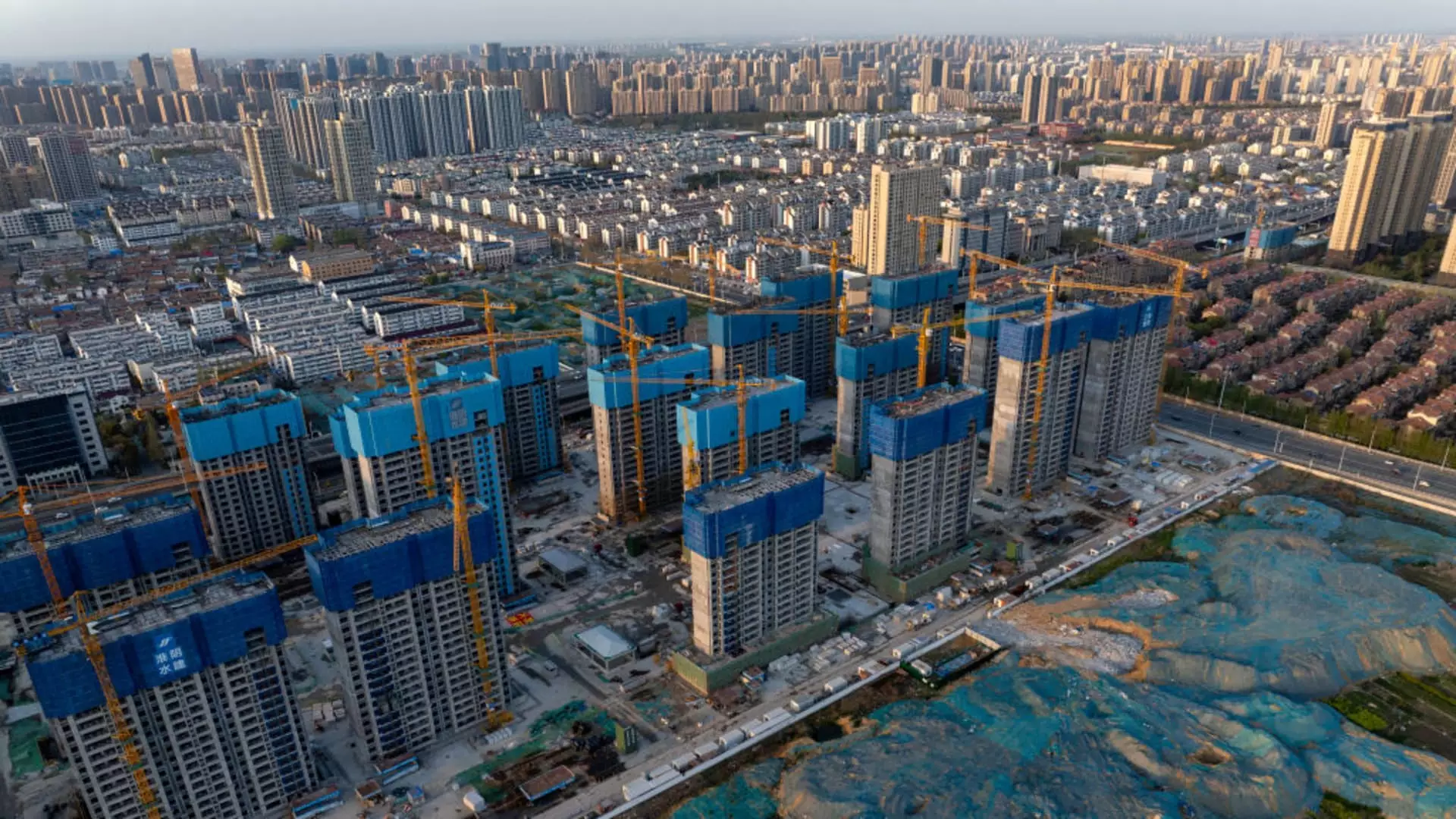China’s economy is facing challenges in 2024 as it struggles to stimulate economic activity amidst a backdrop of falling home prices. Analysts like Richard Koo have warned that the country may be entering a “balance sheet recession,” similar to Japan’s economic slump. In order to revitalize the economy, China needs to convince people that home prices are on their way up to spur business and consumer appetite for new loans.
The drop in home prices in China has been a cause for concern, with Goldman Sachs reporting a steeper decline in January compared to February. This decline in prices has made it difficult for people to be confident in borrowing money for investment. In a policy-driven economy like China’s, the housing market is a significant driver of economic growth, making it crucial to address the issue of falling home prices.
Chinese officials have emphasized the need for new growth drivers like manufacturing and new energy vehicles to offset the impact of the slump in the property market. However, the government has been reluctant to implement large-scale stimulus measures, citing past mistakes from previous programs. The 4 trillion yuan stimulus package launched after the global financial crisis was met with skepticism and led to overheating and speculation in the economy.
An additional challenge for China’s economy is the shrinking population, which is a significant departure from Japan’s experience. The shrinking population complicates the narrative of a rebound in home prices, as there are fewer potential buyers in the market. This demographic shift poses a unique challenge for policymakers in stimulating economic growth and housing market recovery.
Looking ahead, analysts like Richard Koo suggest that China should consider stimulating its economy to avoid a balance sheet recession. However, it is essential to implement measures cautiously and avoid repeating the mistakes of the past. Once growth reaches a sustainable level, the government should gradually phase out stimulus measures to prevent overheating and speculation in the economy.
China’s economy faces complex challenges in 2024, with falling home prices, population decline, and past mistakes in stimulus programs all contributing to the current economic landscape. Policymakers must navigate these obstacles carefully to ensure sustainable growth and stability in the Chinese economy.

